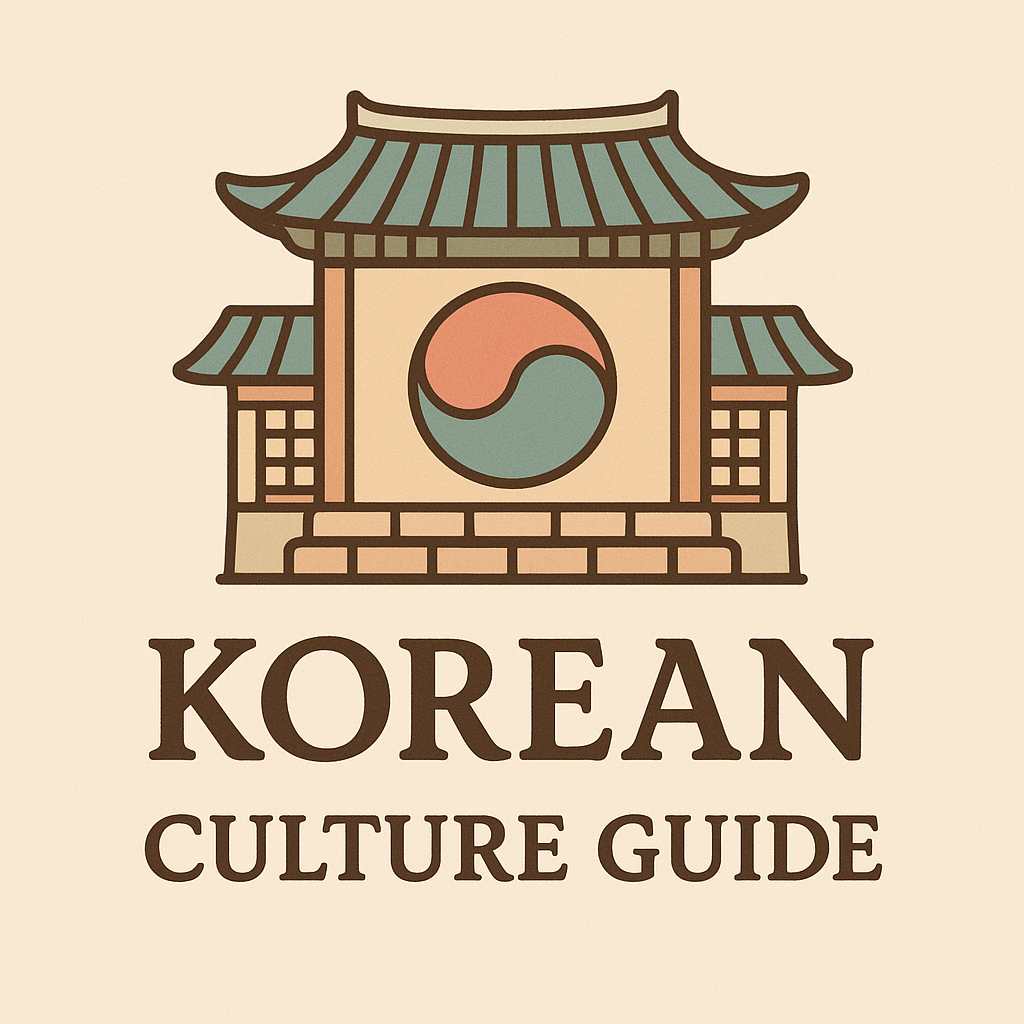-
contents
When the Veil Grows Thin
In many cultures across Asia, there’s a time of year when the boundary between the living and the dead weakens. In Korea, this period is known not by an official name, but through ancestral whispers and cautious behaviors passed down through generations. Referred to colloquially as “Ghost Month,” the seventh lunar month is a time when the living walk carefully, and the dead—well, they roam more freely. This is not just superstition—it’s a woven fabric of Korean spiritual consciousness, where the fear of offending spirits is as real as any social faux pas.
Whether you're a curious traveler or a modern Korean revisiting your roots, understanding the do’s and—especially—the don’ts of this period offers a rare glimpse into Korea’s soul. But what exactly shouldn't you do during Ghost Month? Let’s take a closer look at these long-held taboos, their origins, and what they reveal about the Korean psyche.
What Is Ghost Month? The Lunar Calendar’s Shadow Side
Unlike Western Halloween, which lasts a single night, Korea’s Ghost Month typically spans the seventh month of the lunar calendar, often falling in August or early September. This timing overlaps with similar traditions in China (like the Zhongyuan Festival) and Vietnam (Vu Lan), but Korea’s practices are quieter, more private, and deeply intertwined with Confucian values.
Ghost Month is not officially recognized as a national holiday, yet its influence is pervasive. It is a time of ancestral reverence, subtle fear, and spiritual attentiveness. It is believed that during this month, spirits who died with unresolved emotions or without proper rites—especially those who met a tragic end—roam the earth, searching for closure, offerings, or revenge.
The Don’ts of Ghost Month: Taboos to Take Seriously
Koreans have long practiced a range of taboos during this time to avoid attracting, angering, or falling victim to these wandering souls. Some may seem outdated, but many are still quietly followed by elders and even the spiritually curious youth.
a. Don’t Go Swimming in Natural Waters
Lakes, rivers, and oceans are considered especially dangerous during Ghost Month. There’s a strong belief that water spirits—particularly those who died by drowning—lurk beneath the surface, waiting to pull others under. Accidental drownings during this month are often interpreted as spiritual acts rather than mere misfortune.
“Never swim during the seventh month,” elders would warn, “or the ghost of the river will take your breath instead.”
b. Don’t Whistle at Night
This ancient taboo warns that whistling after dark invites spirits to your presence. The sound is said to mimic that of the wind through graveyards, attracting ghosts who mistake it for a call.
c. Don’t Move into a New Home
Relocating during Ghost Month is considered inauspicious. Spirits might latch onto the fresh energy of a new residence or interpret the move as an invitation. Most people avoid major life changes altogether during this time—be it marriage, business launches, or even major travel.
d. Don’t Leave Doors Open at Night
Symbolically, an open door during Ghost Month is an open invitation. Even windows are often kept shut after dark, not just for bugs but for spirits who might wander inside.
The Spiritual Science Behind the Superstition
To outsiders, these customs may seem like pure folklore. But in Korea, they represent a blend of shamanism, Buddhism, and Confucian ritual. Each warning carries layers of meaning—psychological, historical, and metaphysical.
For instance, the fear of water spirits isn’t just myth. Statistically, more people drown during summer months, especially during Korea’s monsoon season. As a result, spiritual explanations acted as both a cultural truth and a public safety campaign.
Similarly, whistling was discouraged at night not just for ghosts, but because it was once believed to attract thieves—or tigers. What was once a survival tip now survives as spiritual advice.
Rituals for Protection: Appeasing the Hungry Ghosts
While Ghost Month is filled with taboos, it's not all fear. There’s also compassion. Families often perform jesa (제사)—ancestral rites offering food, drink, and incense to appease and honor the dead. Small rice cakes, bowls of soup, and fruit are laid out with sincerity, not as superstition, but as spiritual currency.
In some rural areas, symbolic paper money is burned to provide the spirits with resources in the afterlife. This act is less about fear and more about care—ensuring that no ancestor or wandering ghost is left hungry, poor, or angry.
Ghost Stories, Old and New: A Living Legacy
Even today, Korean pop culture reflects these beliefs. From horror films like The Wailing (곡성) to dramas like Hotel Del Luna, the idea of unresolved souls continues to captivate audiences. These stories serve as both entertainment and modern morality tales—don’t forget the dead, or they might come looking for you.
And in homes across Korea, particularly in older generations, people still hang protective talismans (부적) on doors or carry amulets during this month. The fear may have modernized, but it hasn’t disappeared.

More Than Just Ghost Stories
Ghost Month in Korea is not just about fear—it’s about memory, reverence, and unseen ties that bind the living and the dead. It is a mirror reflecting Korea’s ancient past and an echo of its spiritual DNA.
So, whether you believe in spirits or not, respecting these customs is more than superstition. It’s a way of acknowledging centuries of cultural wisdom—less about what you can’t do, and more about what you shouldn’t forget.
'culture' 카테고리의 다른 글
K_Culture Guide
Korea Vibes Blog shares real stories, cultural insights, and travel tips from Korea. Discover what makes Korean life so unique.
